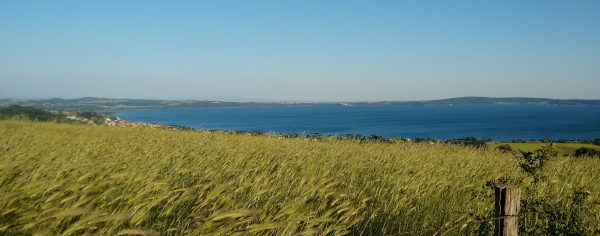Apricots cultivars suited for organic production in the Mediterranean region
A BioFruitNet practice abstract. Planting cultivars not adapted to local conditions leads to agronomical difficulties in organic fruit production. Choosing cultivars wellsuited to biotic (e.g., pests and diseases) and abiotic conditions (e.g., chilling requirements (vernalisation), soil type) is a key to sustainable organic apricot production. Adapted varieties make orchard management easier, less reliant on plant protection, and less risky from an economic point of view.



